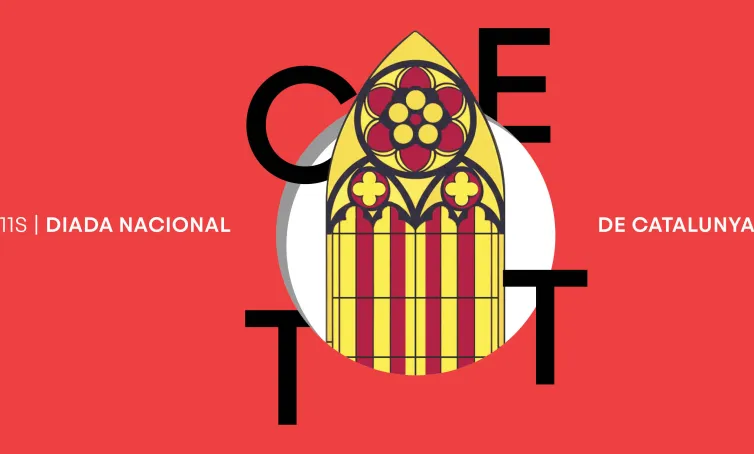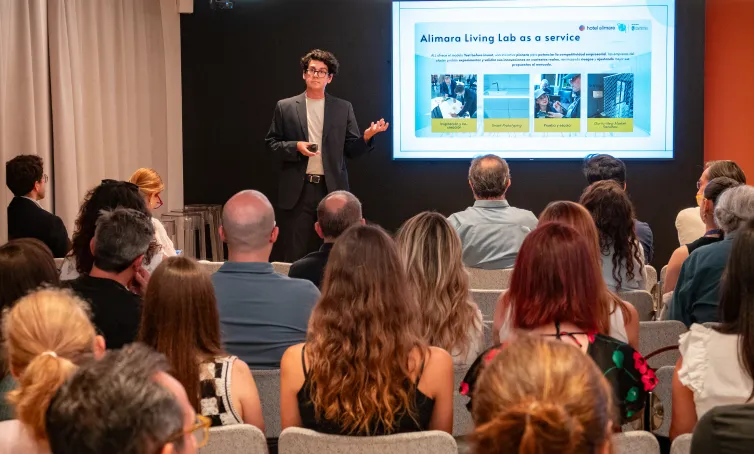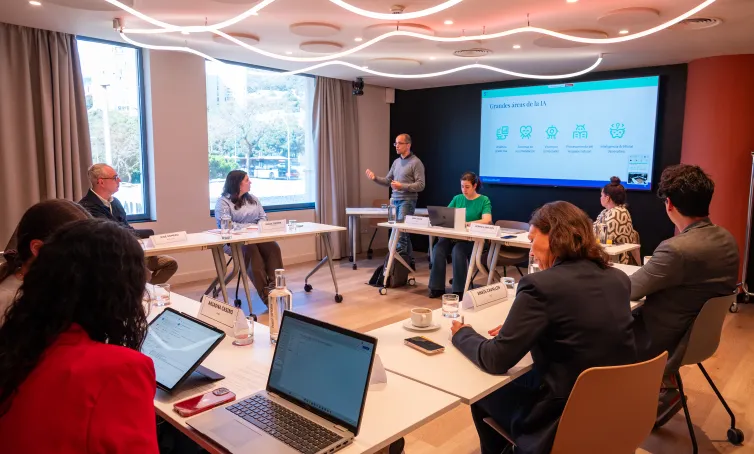From Barcelona to Berlin, defining good practice in urban tourism management

Coexistence between visitors and residents, safety or
housing management are some of the challenges, cities such as Barcelona,
Amsterdam or Berlin are facing. Urban tourism has experienced a dramatic
increase in these cities and tourism has become a key element in their
landscape.
Barcelona is a clear example of a city that has experienced substantial growth in tourism in a very short period. The Catalan capital city has become a model for many cities but in recent years its citizens have been experiencing and increasing feeling of dissatisfaction. In this context, implementing good practice in tourism management is paramount in order to enable coexistence and soften the negative impacts and image associated to the wrongly labelled concept of “tourism-phobia”
It is absolutely necessary to manage destinations in a proactive way and view their tangible and financial assets, as well as the social perceptions occurring in such destinations, from a holistic perspective, in order to ensure good management in the sector and to be able to directly intervene in its negative effects.
A close examination of this recent development in urban tourism reveals that both government and local authorities and the private sector have had to intervene and be accountable for their part (though they have done it a bit too late) in conflicts originated from the increase in visitors flow, the exploitation of shared public spaces and the appearance of unlicensed short-term rental flats.
If we take a close look at the cases represented by Barcelona, Amsterdam and Berlin, it is clear that cities are gradually heading towards developing holistic strategic plans that incorporate sustainability as a key point. Government administrations are starting to think of capping tourist flows and applying tax policies in order to manage housing and commercial property.
One key factor to manage tourism is, undoubtedly, the broadening of knowledge and the creation of research groups that study and monitor tourist data; as such, this key factor helps in figuring out the best policies and in decision making when it comes to finding solutions to the citizens’ real demands. CETT is purposefully working on this area, broadening knowledge and raising awareness through applied research. Our objective is clear: we want tourism to be an engine for transformation, one that creates both economic and financial wealth. A key player that adds up to society.
Núria Guitart Casalderrey, member of Grup de Recerca en Turisme, Cultura i Territori del CETT and short-listed for the REDINTUR Distinction awards to the best Masters in Tourism Dissertations in Spain 2019



